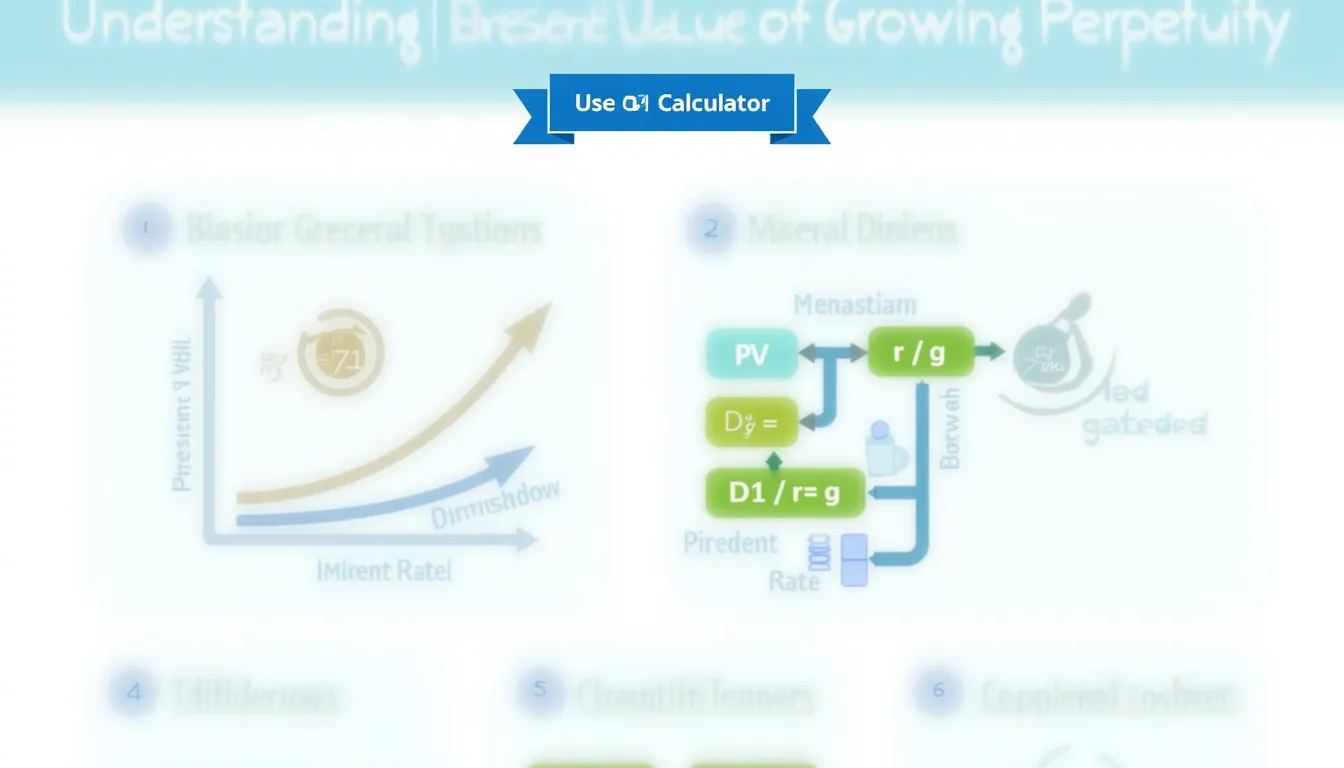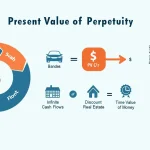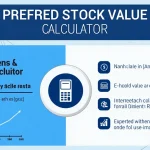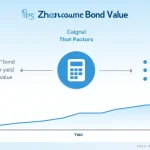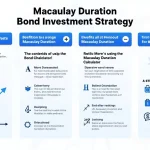Present Value of Growing Perpetuity Calculator
Is this tool helpful?
How to use the tool
- Dividend/Coupon at First Period ($): Key in the first payment. Samples: 5.20 or 250.
- Discount Rate (%): Enter your required return. Samples: 9 or 7.75.
- Growth Rate (%): Add the expected annual rise. Samples: 3 or 2.25.
- Hit Calculate; the present value appears instantly.
- If the discount rate is not greater than the growth rate, revise your inputs—otherwise the math fails.
Underlying formula
The calculator applies the perpetual-growth Gordon model:
$$PV = rac{D_1}{r – g}$$
- D1 — cash flow at period 1
- r — discount rate (decimal)
- g — growth rate (decimal)
Checked example calculations
- Example A: D₁ = 5.20, r = 0.09, g = 0.03 → PV = 86.67.
- Example B: D₁ = 18 000, r = 0.075, g = 0.025 → PV = 360 000.
Quick-Facts
- Model valid only when r > g (Ross, Westerfield & Jaffe, 2021).
- Typical developed-market equity discount rates: 6-12 % (Damodaran, 2023).
- US dividends grew 5.5 % annually, 1960-2022 (S&P Dow Jones Indices, 2023).
- Formula underpins the Gordon Growth Model introduced in 1956 (Gordon, 1959).
FAQ
What is a growing perpetuity?
A growing perpetuity is an endless cash-flow stream that increases at a constant rate; it enables quick valuation through a single fraction (Brealey & Myers, 2020).
Why must the discount rate exceed the growth rate?
When r ≤ g, the denominator becomes zero or negative, producing an infinite or nonsensical value—“the math simply breaks” (Gordon, 1959).
How do I choose a discount rate?
Use your opportunity cost: common equity uses CAPM or market averages—U.S. large-cap stocks averaged 9.5 % required return in 2022 (KPMG Cost of Capital Study, 2023).
Can the growth rate be negative?
Yes; set g below zero to model declining cash flows, but ensure r still exceeds g (Damodaran, 2023).
What happens if cash flows stop?
This model assumes infinity. For finite periods, switch to a multi-stage or DCF model (CFA Curriculum, 2022).
Does inflation affect my inputs?
Input nominal cash flows with nominal r and g, or real with real rates—just keep both bases consistent (FRED Inflation Guide, 2023).
Is the model suitable for early-stage startups?
No; startups rarely exhibit stable growth and payouts. Use venture DCF or real-options analysis instead (Harvard Business Review, 2021).
Where is this formula used in practice?
Analysts apply it to dividend valuations, real-estate cap-rate conversions, and perpetual bonds; 90 % of CFA charterholders use a variant weekly (CFA Institute, 2022).
Important Disclaimer
The calculations, results, and content provided by our tools are not guaranteed to be accurate, complete, or reliable. Users are responsible for verifying and interpreting the results. Our content and tools may contain errors, biases, or inconsistencies. Do not enter personal data, sensitive information, or personally identifiable information in our web forms or tools. Such data entry violates our terms of service and may result in unauthorized disclosure to third parties. We reserve the right to save inputs and outputs from our tools for the purposes of error debugging, bias identification, and performance improvement. External companies providing AI models used in our tools may also save and process data in accordance with their own policies. By using our tools, you consent to this data collection and processing. We reserve the right to limit the usage of our tools based on current usability factors.
